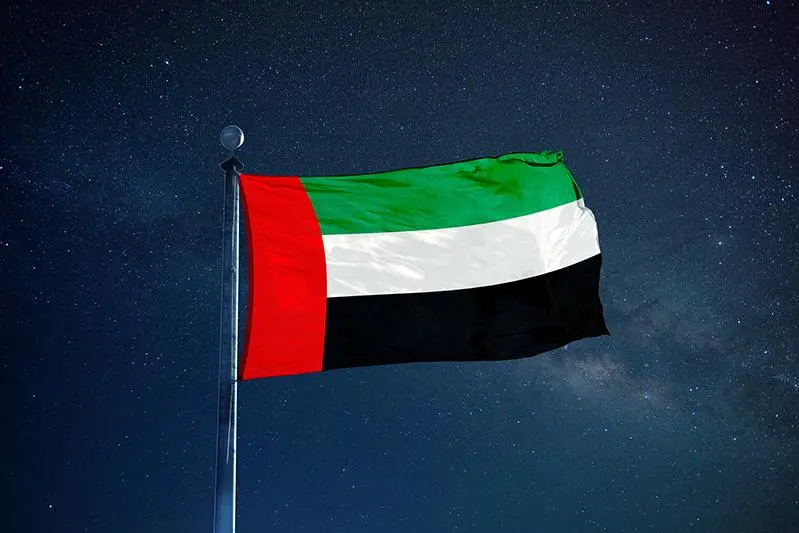PHOTO
Employment rose at the fastest rate since January 2019 while a sharp rise in new orders drove increasing pressure on business capacity and a marked expansion in output, IHS Markit UAE Purchasing Managers' Index report said.
Meanwhile, delays to shipments from Asia led to the worst lengthening of suppliers' delivery times since April 2020 and contributed to a quicker rise in input costs. The PMI rose from 52.2 in June to 54.0 in July, pointing to a strong improvement in business conditions that was the most marked in exactly two years.
"The non-oil sector enjoyed a busy start to the third quarter of the year as firms saw the sharpest rise in new orders for two years amid soaring domestic sales and strengthening market confidence,” said David Owen, economist at IHS Markit.
Looking ahead, the outlook for future non-oil activity remained positive in July. Firms often hoped that the easing of Covid-19 restrictions and the Expo 2020 later this year would help to improve economic conditions, said the report.
Output rose in line with this expansion, but was not enough to cover outstanding business which increased to the greatest extent for 16 months, he said. "At 54.0 in July, the headline PMI was broadly at its long-run level to suggest the economy was largely back to normal growth. That said, there were many firms reporting that output had not yet recovered to pre-Covid level,” said Owen.
He said new orders from abroad disappointed again in July as sales were hindered by pandemic-related measures around the world. “With Covid cases reaccelerating in Asia, firms also pointed to a worsening of supply chain problems. In fact, delivery times lengthened to the greatest extent since the onset of the pandemic in April 2020.”
According to the report, the output and new orders indices followed this same trend in July, moving up to their highest levels since July 2019. The latest upturn in new orders was the eighth in nine months, as businesses commented on a further recovery in demand as restrictions ease. “However, on-going measures in other parts of the world led to a third successive fall in export sales during July, with firms increasingly turning to domestic clients to help recover new business. Lockdown measures also hit the supply of inputs at the start of the third quarter, particularly from Asia.”
In Saudi Arabia, the PMI fell for the first time in four months to 55.8 in July, from 56.4 in June. The downgrade was driven by weaker growth in output, new orders and employment compared to the previous month.
"Sustained rises in demand should help the economy move closer to full capacity over the second half of the year," said Owen.
Copyright © 2021 Khaleej Times. All Rights Reserved. Provided by SyndiGate Media Inc. (Syndigate.info).





















